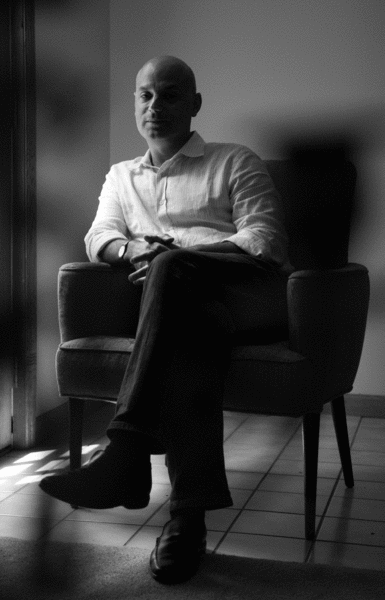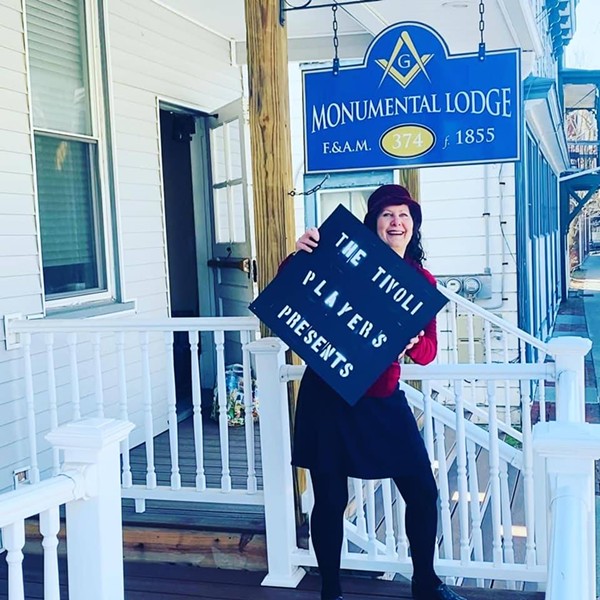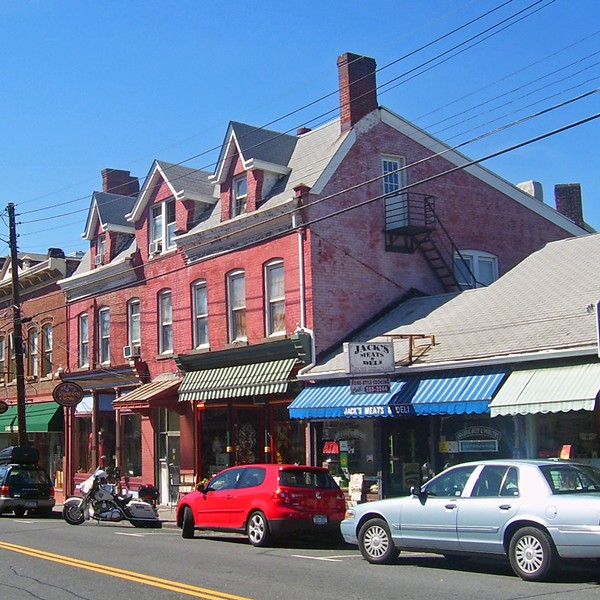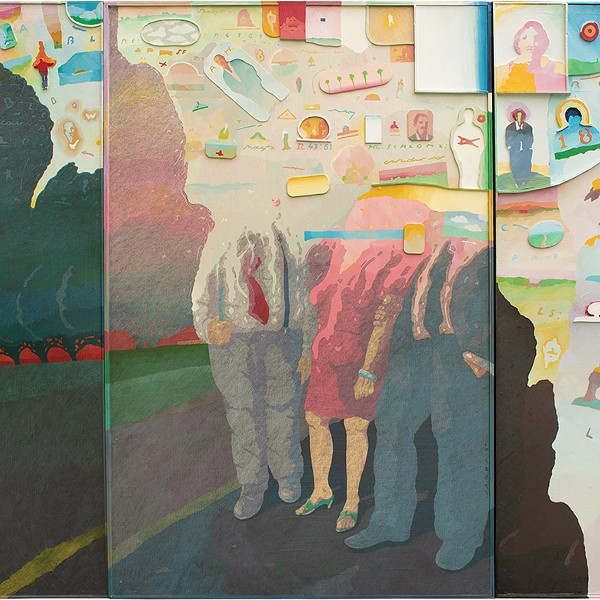A young boy walks into a room, and his elderly relatives burst into tears. The reason—usually offered in Yiddish—is that he resembles his great-uncle Shmiel, who, along with his wife and four beautiful daughters, was killed by the Nazis.
This piece of family lore was repeated, with great displays of emotion and precious few details, throughout Daniel Mendelsohn’s childhood. After recounting it in his 1999 memoir The Elusive Embrace, the author set out to discover exactly what happened to Shmiel and his family, tracking down relatives and surviving witnesses on several continents. The resulting book, The Lost: A Search for Six of Six Million, was a runaway bestseller, garnering literary respect while selling like hot cakes in 12 different countries.
So what do you do for an encore? When Mendelsohn isn’t writing about himself or his family, he reviews books, plays, and films for the New York Review of Books, the New Yorker, and other A-list periodicals. “Being a critic is what I am,” he declares on a sunny afternoon in his Bard College apartment. After spending “a solid five years” on The Lost, he decided to collect his critical writings, “to have that part of my personality between covers.” How Beautiful It Is and How Easily It Can Be Broken, forthcoming from HarperCollins, has already won praise from Publishers Weekly and Booklist.
Mendelsohn’s clearly enjoying his life. He just turned in a manuscript he’s been polishing for 10 years—a translation of C. P. Cavafy’s complete poems, to be released by Knopf in April 2009—and he’s about to fly to Capri; a packed red suitcase sits on the rug. It’s enough to swell anyone’s head, but Mendelsohn hasn’t forgotten his roots. When he finished his PhD and moved to New York in 1994, he wrote freelance magazine fluff like “Food Courts of Las Vegas.” “I lived on ramen noodles for three years. I knew every CVS that sold them for five for a dollar instead of four for a dollar.” He grins. “I am not one of those people who pretends to be blasé about having an international bestseller.”
That grin flashes often; a slightly skewed tooth lends it a Mephistophelean air. Mendelsohn’s head is neatly shaved, his light-blue eyes rendered even more striking by high, arching brows. In repose, his gaze is intense, even challenging; one senses that nothing gets past him without being noticed. He wears his erudition lightly, with a vocabulary that swoops from “meretricious” to “nutty,” sometimes in the same sentence. His coffee table displays books in several languages; his sink displays Believe in God breath spray and Oy Vey body detergent. There seem to be a lot of Daniel Mendelsohns.
This, indeed, is the theme of his extraordinary memoir. Subtitled “Desire and the Riddle of Identity,” The Elusive Embrace examines the multiple lives one person may lead, opening with “For a long time I have lived in two places.” One is the New Jersey suburb where Mendelsohn lives part-time with a woman and child while teaching classics at Princeton. The other is a studio apartment near Chelsea’s “gay ghetto,” the epicenter of a cruising life he describes with startling frankness.
Mendelsohn’s route to fatherhood was nontraditional. In 1996, when a friend was unpartnered and pregnant, he went with her to the delivery room. The depth of his bond with her son astonished him. He started staying with them several nights a week, at first because it was close to his teaching job, later because it was part of the complex geography of “home.” Four years later, she adopted a second son; Mendelsohn calls the boys, in print and in person, “my kids.”
Since that time, “home” has expanded to a third address, at Bard, not to mention a plethora of hotels. “It’s easy to get caught up in this endless schlepping around promoting your book,” he says. At one point Mendelsohn flew to France four times in three months. “I’m huge in France,” adding, “There’s a different response in Europe because it happened in Europe. People come up to you afterwards and tell their stories, their family’s stories. It’s not theoretical.”
His own family’s response to The Lost was “very emotional.” Mendelsohn’s four siblings joined him on many research trips to Eastern European villages and to Auschwitz; his brother Matt’s photographs appear throughout the book. “My mother had the hardest time—she had nightmares every night.” (Marlene Mendelsohn’s only request as her son wrote the manuscript was a plaintive “Did you put that I had nice legs?”) Publication was “a big thrill for everyone,” Mendelsohn says. “My father’s so cute—every day he checks my Amazon rating. This is two years after the book came out.”

















